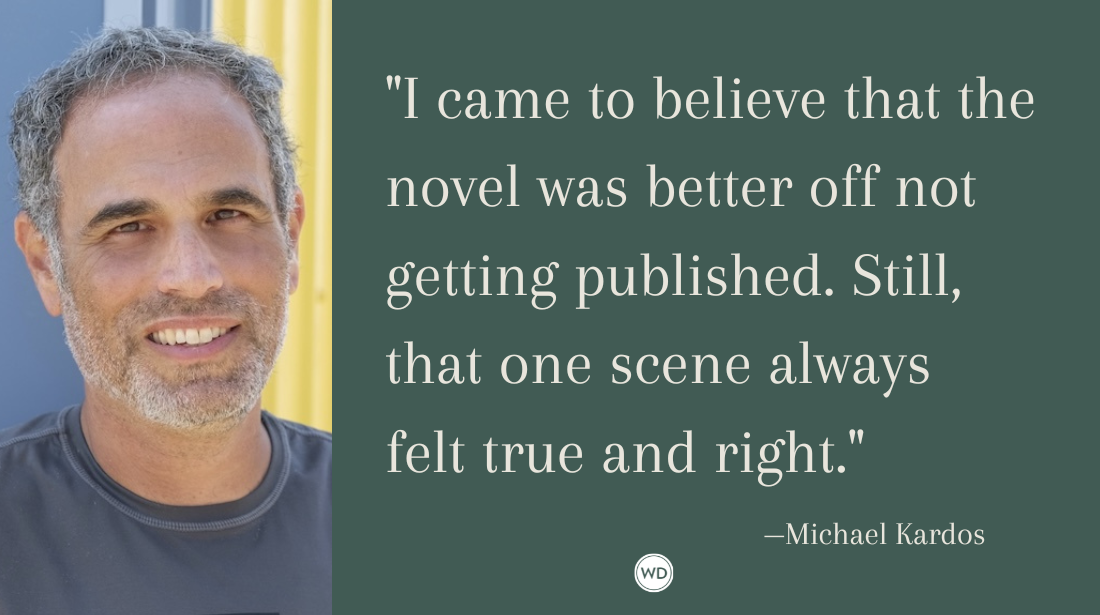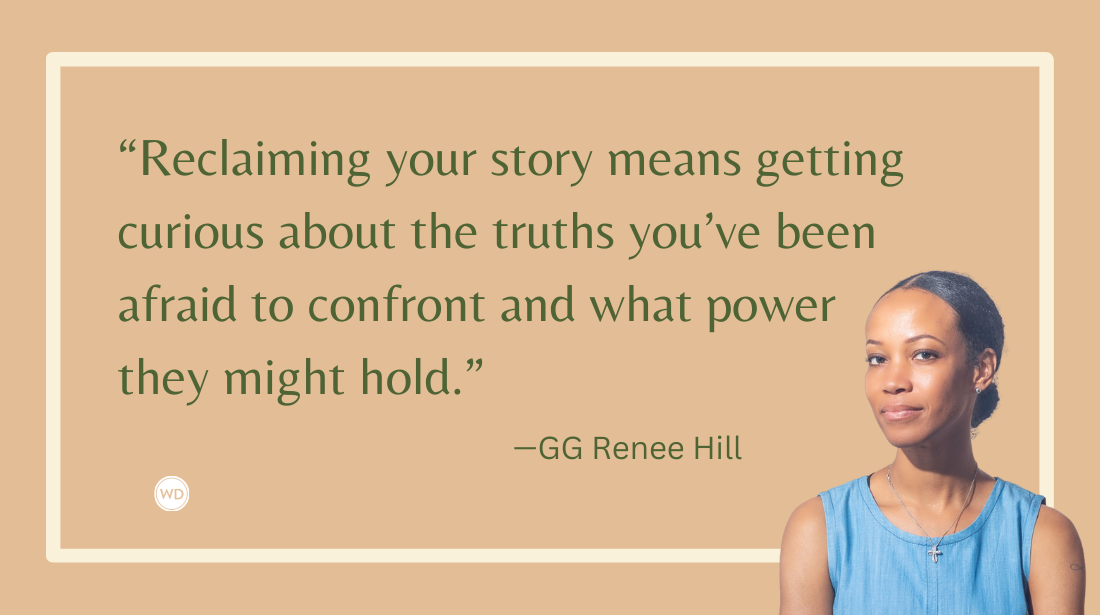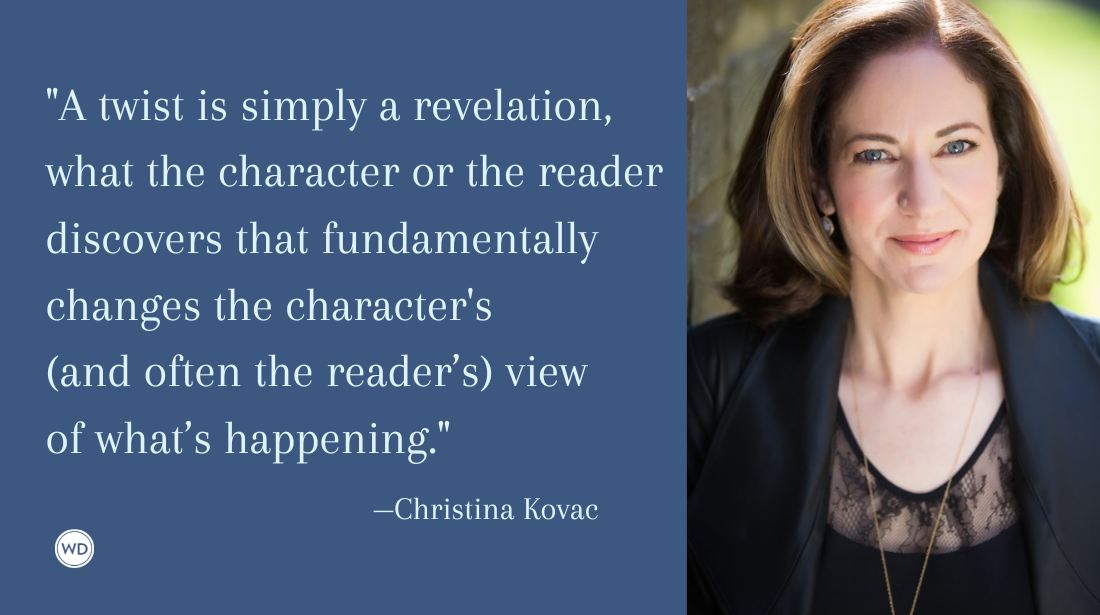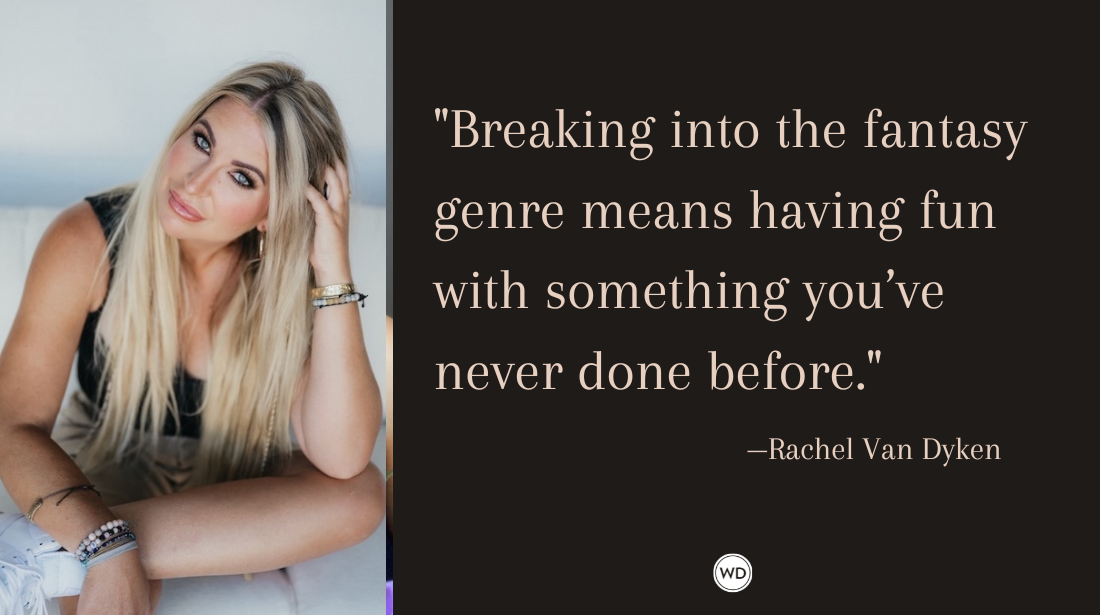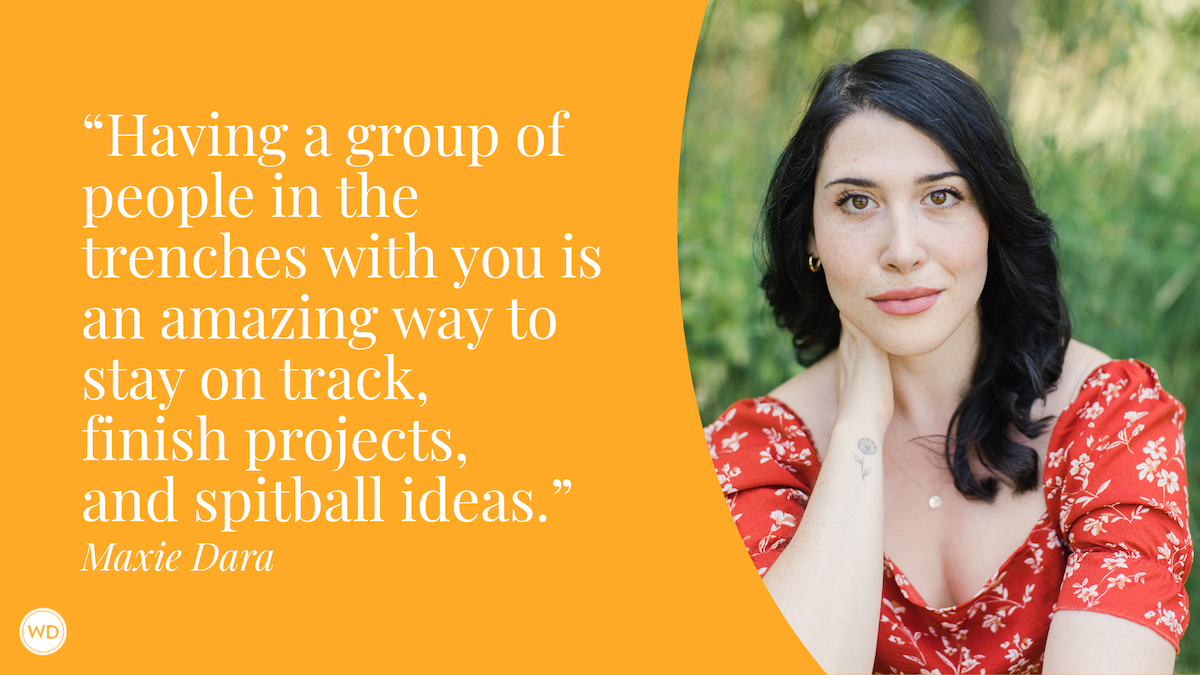Grace Helena Walz: I Don’t Plan To Ever Stop Learning
In this interview, author Grace Helena Walz discusses how the editing process helped evolve her new novel, Good Hair Days.
Grace Helena Walz received a master’s in social work at the University of Houston and worked with children in foster care, as a medical social worker, and in a mental health capacity. She currently resides outside of Atlanta, GA, with her husband and two young children. She writes women’s fiction in the moments between sticking Band-Aids on scraped knees and coordinating pint-sized social engagements. Connect with her online at GraceHelenaWalz.com, and follow her on X (Twitter), Facebook, Instagram, and Pinterest.
In this interview, Grace discusses how the editing process helped evolve her new novel, Good Hair Days, her hope for readers, and more.
Name: Grace Helena Walz
Literary agent: Margaret Danko & Kim Perel at High Line Literary Collective
Book title: Good Hair Days
Publisher: Thomas Nelson
Release date: November 11, 2025
Genre/category: Women’s Fiction
Previous titles: Southern by Design
Elevator pitch: In a small southern town, two sisters team up with their maternal aunts in a series of money-making hijinks to save their family run beauty shop, their shared family legacy. When one of them receives a life-altering diagnosis, the women are forced to finally tell the truth, dig deep, and rely on the part of their family legacy that’s always been the strongest of all: the deep love between them.
What prompted you to write this book?
I visited a small hair salon run by two women, and I was struck by the warmth I felt as I walked in. The hairstylists spoke to each other completely unfiltered, sharing intense details of personal stories, and even pulled customers into their storytelling. They laughed and cursed and spoke with an edge but also with deep affection. Really, they seemed more like sisters. I thought of how much fun it would be to write a story about a family run hair salon, and the tiny seed of what would become Good Hair Days was born.
How long did it take to go from idea to publication? And did the idea change during the process?
I started writing Good Hair Days when we were out on submission with what would become my debut, Southern by Design. I heeded the well-known advice to write the next thing while waiting. In general, I love having something to write, and it prevents me from fretting about all of the elements of publishing that are—and will remain—outside of my control. Well, at least marginally.
The first drafts of Good Hair Days included more family members with their own issues that played into the Louise women’s struggles. My critique partner poked holes in much of my plot, and it forced me to take a good, hard look at the idea. Although I shed a few tears saying goodbye to a character or two, I stripped it back to the strongest components. Allowing Good Hair Days to be about the Louise women, saving June’s Beauty Shop, and helping Junie through a life-changing medical diagnosis refocused the story. It also allowed room for deeper exploration of both the sisters, Georgia and Junie, as well as the impacts of their greater family system, family traditions, and the stories they’ve been taught to tell themselves.
Because of how long things take in publishing, this story was actually finished before I embarked on the editorial work for my debut. It sat for about a year while I worked on Southern by Design. Because I signed a two-book deal for my debut, we were able to move quickly onto Good Hair Days once Southern by Design was in production.
Were there any surprises or learning moments in the publishing process for this title?
Many! As a newbie author I’m near constantly doing something for the first or second time, and it’s been a phase of explosive learning for me. As I work with my wonderful editor on each story, she not only points out parts that aren’t working but also challenges me to level up components that could be stronger. This process helps me refine not only the existing manuscript but drops tools in my toolbox that I can access in the future. There’s something about going through the editorial process with a pro that really connects the dots between the lessons learned in craft books and how it practically comes to life in the work—especially so when you’re writing on a deadline.
I don’t plan to ever stop learning. I hope I never find myself at a juncture in my career where I don’t think I could learn something new.
Were there any surprises in the writing process for this book?
Good Hair Days really evolved in edits. Initially this story was heavy on the fun and games components, the Louise women in all their sassiness, setting out gambling tables at the beauty shop to make a buck. By digging into the relationship between the sisters, the story evolved into something that touches on heavier issues I hadn’t initially planned for. There is still plenty of fun, sass, and money-making hijinks, but I didn’t expect for this one to become such a tear-jerker. I think sometimes—maybe always—stories take on a life of their own as the characters grab the reins. I’m yet to write a story that turned out exactly how I thought it would.
What do you hope readers will get out of your book?
I hope Good Hair Days readers fall in love with the Louise women—flawed as they may be—and feel all the feelings! I hope the sassy hijinks make them laugh or smile, and I hope the heavier moments have them reaching for the tissue box. I hope the story makes them want to hug their loved ones tight.
If you could share one piece of advice with other writers, what would it be?
Genuinely seek feedback. I believe that the main thing that allows me to level up my writing (past and present!) is seeking feedback from skilled writers, editors, or professionals, and remedying issues raised with my own solutions and voice. Receiving critical feedback is never fun, but it can be a small bruise to the ego that sets us on the best path forward.
In my experience, writing a story feels like building a house from the inside. I know what’s happening in the guts of the house, but having a trusted voice to call out what they see on the outside is invaluable.




